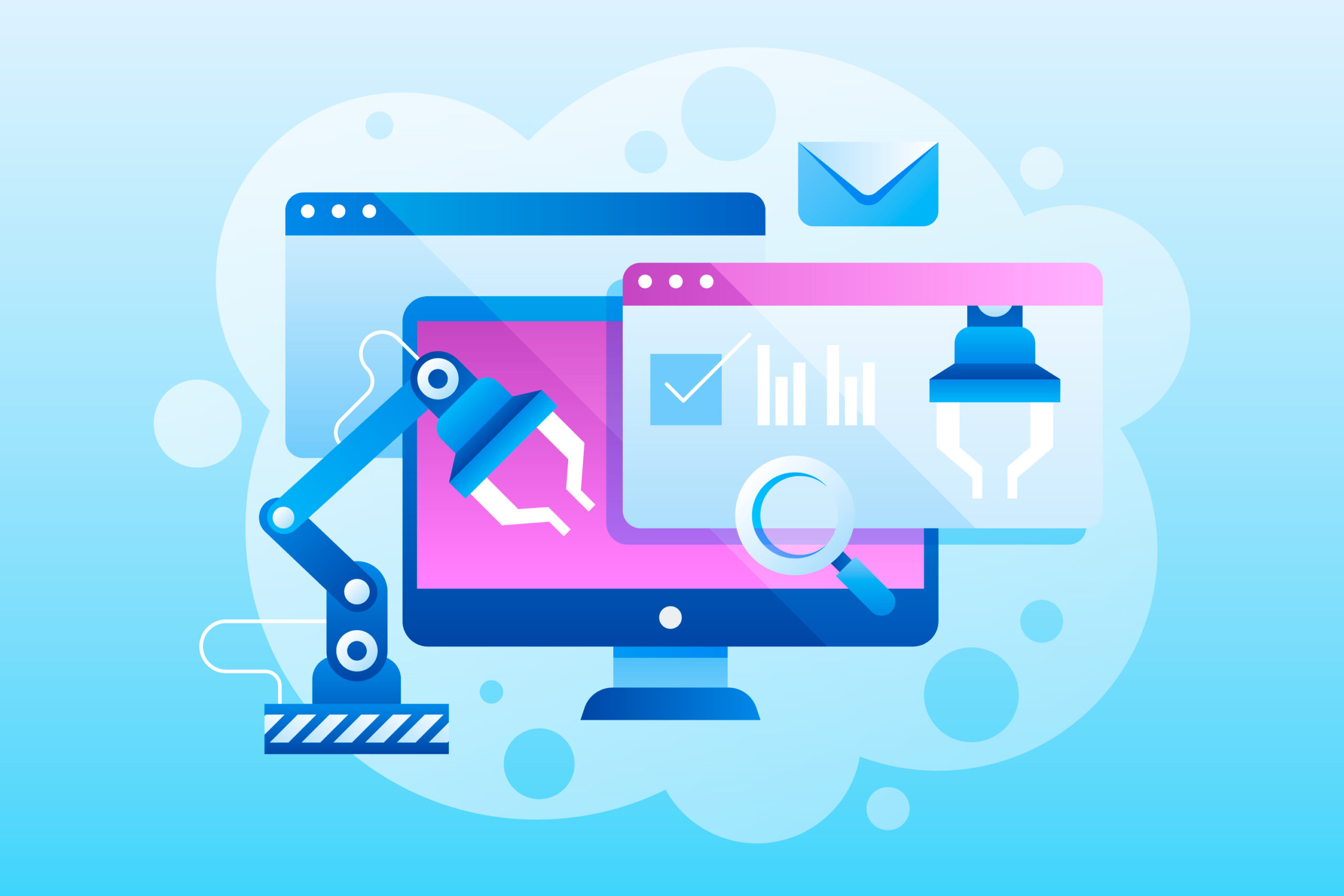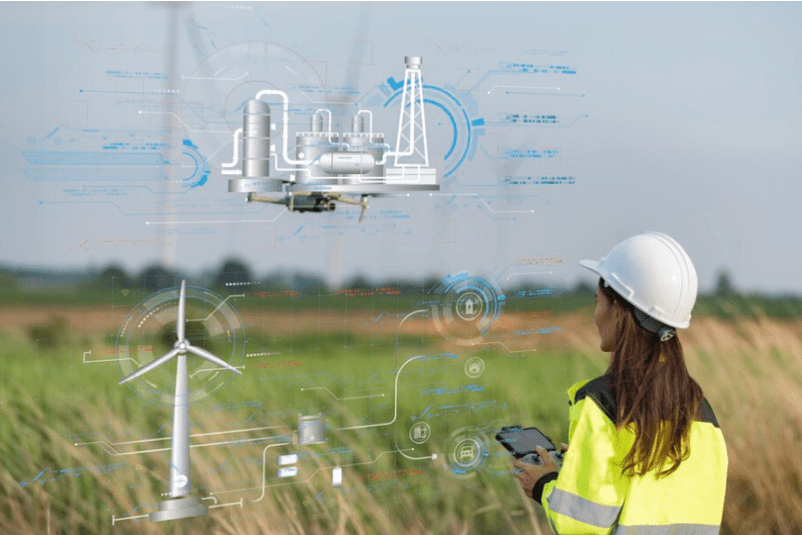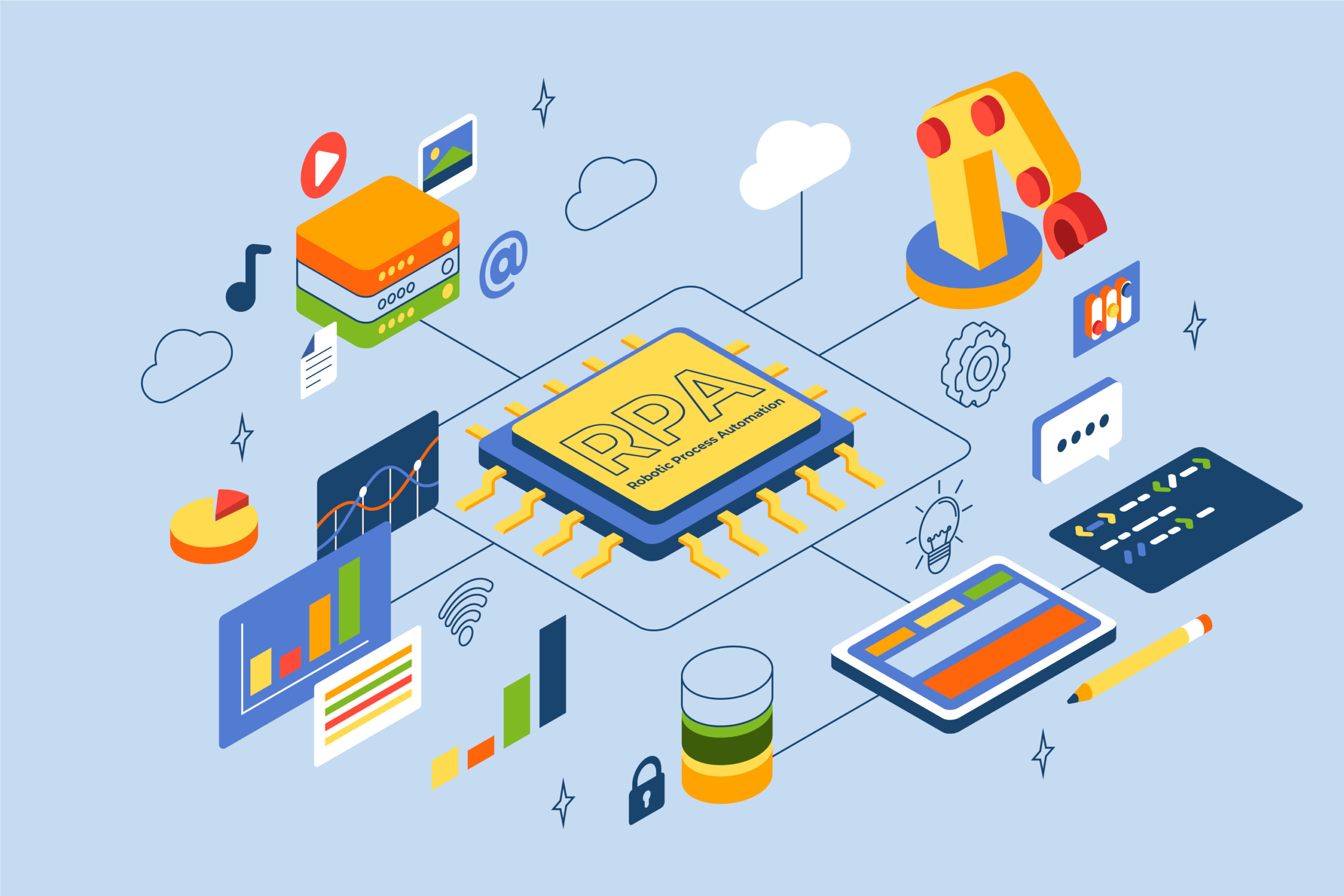What are the different RPA tools and solutions available?
Marketing Team
Posted on
Feb
15,
2023

Robotic Process Automation (RPA) is a rapidly growing technology that is transforming the way businesses operate. By automating repetitive and manual tasks, RPA can significantly improve efficiency, reduce costs, and enhance customer experience. But with so many different types of RPA tools and solutions available, it can be difficult to know where to start.
Desktop automation tools are designed to automate tasks that are performed on a desktop computer, such as data entry, form filling, and data extraction. These tools typically use a graphical user interface (GUI) to automate tasks, making them easy to use and ideal for non-technical users. Examples of desktop automation tools include UiPath, Automation Anywhere, and Blue Prism.
Web automation tools are designed to automate tasks performed in web browsers, such as data extraction, form filling, and data entry. These tools are commonly used for automating tasks related to customer service, such as responding to customer inquiries and processing orders. Examples of web automation tools include Selenium, Appium, and WebDriver.
API automation tools are designed to automate tasks that are performed using Application Programming Interfaces (APIs). These tools allow businesses to automate tasks such as data integration, data migration, and data transfer between systems. Examples of API automation tools include Postman, Katalon Studio, and SoapUI.
Cognitive automation tools are designed to automate tasks that require human-like intelligence and reasoning, such as natural language processing, image recognition, and decision making. These tools are commonly used in industries such as healthcare, finance, and retail, where they are used to automate tasks such as medical diagnoses, credit assessments, and product recommendations. Examples include IBM Watson, Microsoft Azure, and Google Cloud.
Intelligent automation tools combine the capabilities of RPA with artificial intelligence (AI) and machine learning (ML) technologies to automate tasks that require human-like intelligence and decision making. These tools can learn from historical data, adapt to changing circumstances, and make decisions based on predefined rules and algorithms. Examples include Pega, WorkFusion, and NICE.
To automate complex, multi-step business processes, such as invoicing, expense management, and procurement. Also, provide a visual interface for defining and managing workflows, and can be used to automate tasks such as approvals, document routing, and data transfer between systems. Examples include Kissflow, Nintex, and ServiceNow.
Cloud automation tools are designed to automate tasks that are performed in cloud computing environments, such as data processing, data storage, and application deployment. These tools are commonly used in industries such as software development, where they are used to automate tasks such as code deployment, application scaling, and infrastructure management. Examples include UiPath, Automation Anywhere, MS Power Automate, Blue Prism and Robocrop.
The different types of RPA tools and solutions are designed to meet the specific needs of businesses, from automating simple, repetitive tasks to complex, multi-step business processes. Choosing the right RPA solution depends on the specific needs and requirements of a business, and the type of tasks that need to be automated. Whether you’re looking to improve efficiency, reduce costs, or enhance customer experience, RPA has the potential to transform the way you do business.









© 2024 Solidpro. Designed with passion @ Spidergems Softlabz